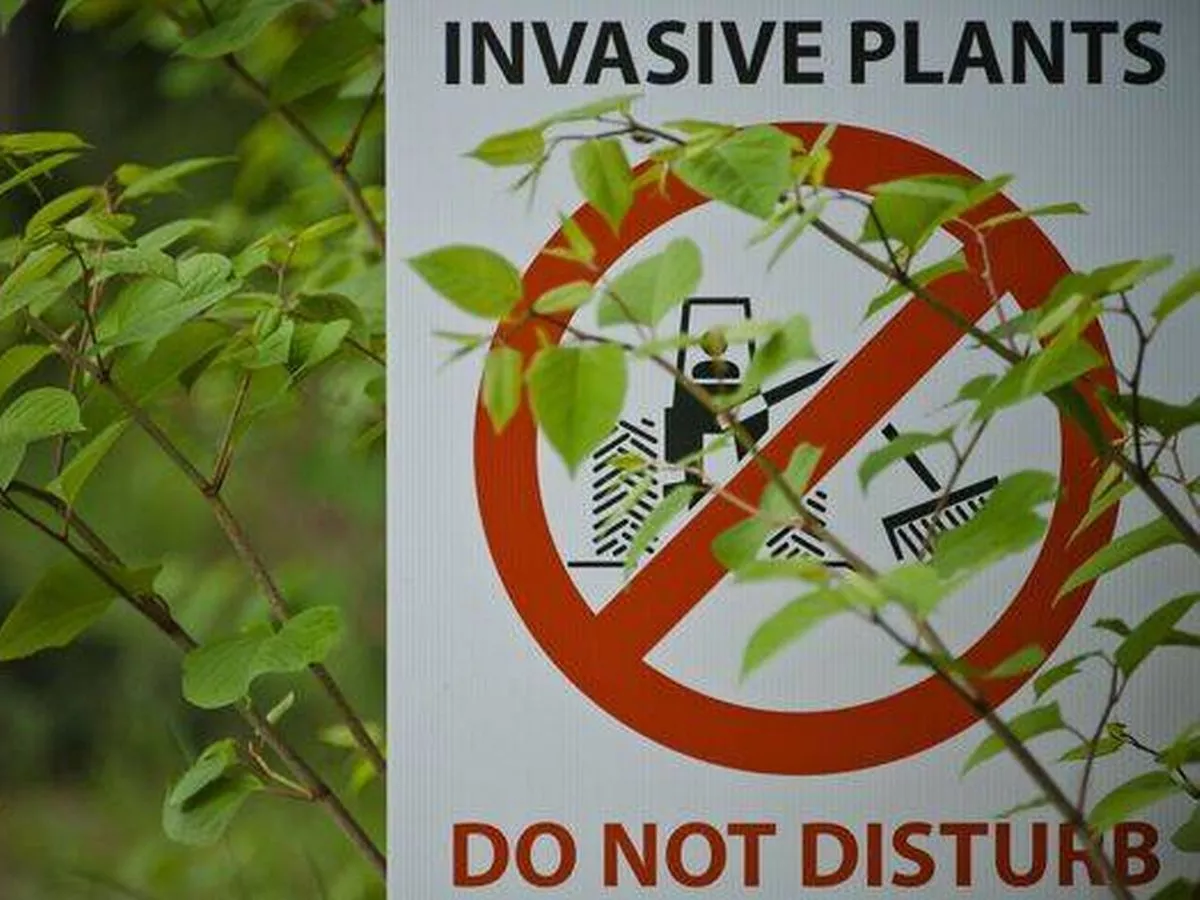By Isobel Pankhurst
Copyright walesonline

Whilst a verdant garden can bring charm to your home and outdoor space, certain plants can actually prove destructive to your property if allowed to flourish unchecked. From fractured brickwork to compromised drainage systems, some plants may appear attractive but can trigger serious issues that strike you where it matters most: your finances and your property’s worth. Kevin Barzegar, a property specialist at Kaybridge Residential , has revealed how four particular plants can affect property transactions and upkeep expenses. He states: “I’ve seen properties lose thousands in value because of problematic plants. What starts as an innocent garden feature can turn into a nightmare that’s expensive to fix and puts off potential buyers.” Whilst English Ivy undoubtedly appears attractive , it’s one specimen that can prove disastrous for your property. Kevin labels it “the wall destroyer.” This climbing plant adheres to walls using minute roots that penetrate mortar and masonry, resulting in fractures and deterioration. Beyond causing harm to brickwork, ivy captures moisture against walls, resulting in dampness issues and providing shelter for unwanted creatures. This specimen requires professional removal, as attempting to strip it from walls yourself can result in additional harm. Bamboo works brilliantly for establishing privacy barriers , but this specimen possesses one of the most invasive root networks available. Once settled, bamboo proves extremely challenging to manage, and its roots can regrow from the tiniest pieces. Kevin said: “I’ve seen bamboo roots travel several meters from where they were planted. They push through paving, damage structures, and can crack foundations.” The invasive Japanese Knotweed is any homeowner’s worst nightmare . Kevin said: “Japanese Knotweed can make your property virtually unsellable. I’ve seen sales collapse and homes drop in value significantly because of it.” Knotweed can grow up to 10cm a day, with tough roots that exploit cracks in paving, brickwork, and foundations. Allowing this to flourish can also land you in legal hot water under the UK’s Wildlife and Countryside Act 1981. This legislation makes it an offence to cause knotweed to spread into the wild, and if it creeps onto a neighbour’s property, you could face civil claims and expensive removal costs. Dealing with Japanese knotweed can take years and can cost anywhere from £900 up to £20,000 depending on severity. Willow trees can be a stunning feature in any garden, but they should never be planted too close to your property as their roots actively hunt for water, and will head straight for drains and pipes. Kevin said: “Willow roots can extend up to three times the height of the tree. A 10-meter willow could have roots spreading 30 meters, easily reaching underground pipes.” Problems caused by willow trees can include cracked pipes, blocked drains, and ground movement affecting foundations, with repair bills often running into the thousands.



